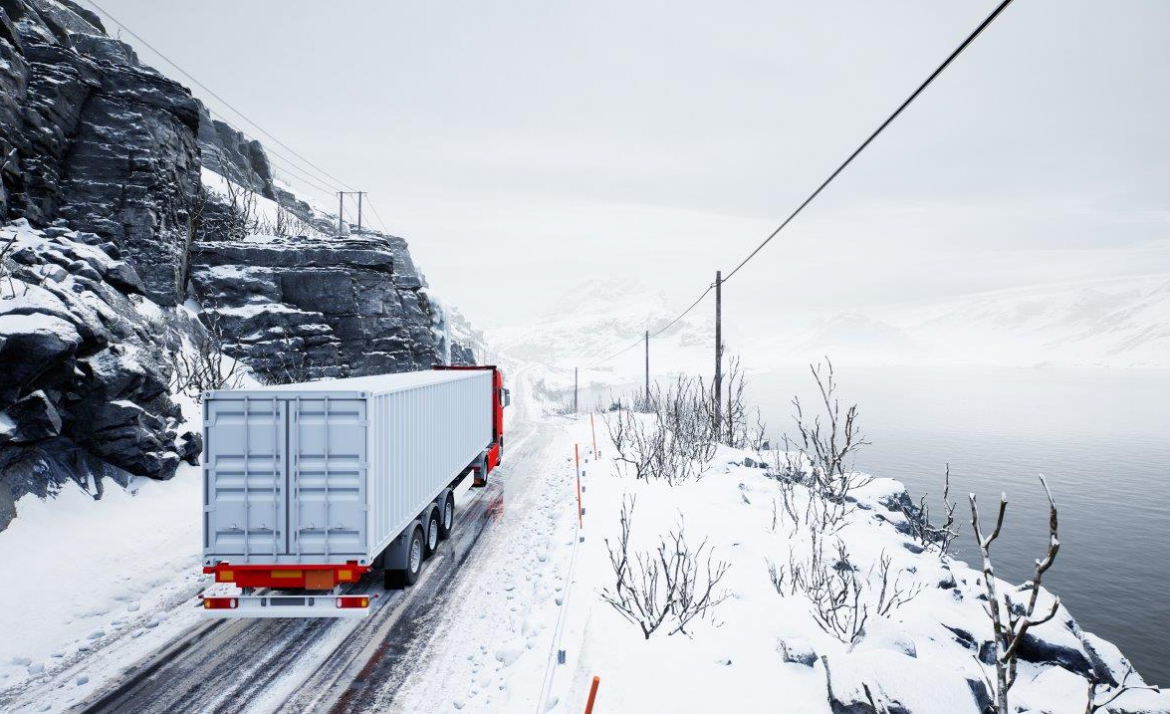It is well known that driving in winter weather is difficult. Even for the most experienced drivers, bad winter weather is not only challenging, but dangerous.
Driving on slick, snowy roads is twice as difficult for truck drivers. The likelihood of skidding or losing control of such a large vehicle is exponentially more likely.
Because the road conditions are more difficult to maneuver at this time of year, the amount of truck driving accidents is much higher. According to the National Highway Traffic Safety Administration (NHTSA), 17% of all vehicle accidents occur during the winter months. These accidents can be avoided, if precaution is taken during these winter months.
Inspect your vehicle.
Before getting on the road, make sure your truck is equipped with engine oil and antifreeze. Check your tire pressure and make sure that the truck is up to date on its mechanic inspection to be sure there are no serious mechanical issues that will be worsened during the harsh months.
Slow down.
While this is a commonsense response, most truck accidents occur because a trucker does not adjust their speed to the slippery terrain. Put extra distance between you and the vehicles in front of you to give you a longer reaction time. Avoid braking suddenly. Keep a steady pace. Beware of black ice. Black ice is very hard to spot. If you notice an ice buildup on your truck’s mirror arm, top corners of the windshield, or on the antennas, or if there is not spray from the tires of the vehicles in front of you, there may be a presence of black ice.
Prepare yourself.
During the winter months, it is always best to plan for the worst. Always bring winter coat and warm clothes. In addition to these, make sure you have a blanket, non-perishable food and water. Prepare a first aid kit and toolbox, filled with the essentials like jumper cables, windshield scraper and a flashlight with batteries.
Know when to stop.
When the roads become treacherous, find a safe place to stop. Try to avoid pulling off on the side of the road, as this increases your chances of being hit. Instead, do your best to make it to a gas station or another establishment, until the weather has cleared, and visibility has returned. There is no load worth your life.
Make a plan.
Some poor weather conditions cannot be avoided but planning for the worst can help keep drivers safe. Check the weather forecast for the route you plan to take. If that way is being hit hard by winter weather, consider changing your route. Give yourself plenty of time for your trip. Feeling rushed to arrive at a certain time, will cause an increase in speed. Always make sure your fuel is filled before leaving.
Always exercise good judgment and prioritize safety for an accident-free winter season.


